A gazebo can be the crown jewel of your outdoor space—perfect for hosting, relaxing, or enjoying the view. But like any outdoor structure, it must be built and maintained with structural integrity in mind. Whether you're planning new gazebo construction or want to inspect an existing one, understanding how to evaluate safety is critical.
In this guide, we'll walk you through five essential points to ensure your gazebo is safe, stable, and ready for year-round enjoyment. From assessing your gazebo roof construction to learning how to make a gazebo more sturdy, these expert tips will help you protect your investment and loved ones.
1. Check the Foundation and Anchoring
A gazebo is only as strong as the surface it stands on. If it's not anchored securely, even a light wind can cause wobbling—or worse, structural failure.
What to look for:
Cracks or instability in the base (concrete, pavers, or deck)
Loose anchor bolts or corroded hardware
Shifting or settling of the ground underneath
How to improve it:
For long-term stability, anchoring into concrete or reinforced deck joists is ideal. If your gazebo is placed on soft ground, consider using ground screws or additional weight plates. These are especially useful for wooden gazebo construction in backyards with uneven soil.
This step is crucial for anyone wondering how to make a gazebo more sturdy, especially in areas with strong seasonal winds.
2. Evaluate Post and Frame Strength
The upright posts and connecting beams form the skeleton of your gazebo. Weak or damaged wood or metal can undermine the entire structure.
What to inspect:
Rotting or splintered wood in wooden gazebo construction
Rust or bending in steel or aluminum posts
Cracked or weakened joints at corners and intersections
Expert tip:
The most sturdy gazebo options use reinforced beams, powder-coated frames, or rot-resistant wood like cedar. If your frame shows signs of deterioration, repair or replace the affected parts immediately to prevent collapse.
3. Assess Gazebo Roof Construction
Your gazebo roof construction not only provides shade and shelter—it also bears the weight of snow, leaves, or even climbing plants. An improperly supported or aging roof can be a major safety hazard.
Inspect for:
Sagging or uneven roofing panels
Loose or missing screws, brackets, or support beams
Water damage or mold in wood rafters
What to do:
Ensure the rafters are adequately spaced and securely fastened. If your gazebo features a double-tier roof or cupola, confirm that the upper level is properly supported. Regular cleaning and seasonal inspections go a long way in preserving roof integrity.
4. Test for Stability During Wind or Movement
Even if your gazebo looks solid, it should also feel solid. Test it during mild breezes or by applying pressure to different points on the frame.
Red flags include:
Swaying or rocking when pushed
Rattling sounds in high winds
Doors or screens that don’t align properly
How to improve it:
To learn how to make a gazebo more sturdy, reinforce the joint connections using galvanized brackets, add diagonal bracing between posts, or use anchoring kits specifically designed for storm resistance. For seasonal setups, install tension cables to hold the structure firm during peak wind conditions.
5. Inspect for Wear and Seasonal Damage
Even the most sturdy gazebo will degrade over time without proper maintenance. Seasonal expansion, moisture, and UV exposure can cause joints to loosen and materials to weaken.
Regular maintenance should include:
Checking for rust, rot, or insect damage
Repainting or re-staining wood surfaces as needed
Tightening bolts and replacing worn parts
Pro Tip:
If you're planning a new gazebo construction, opt for weather-resistant materials and pre-drilled components. Many Sunjoy gazebos come with pre-engineered parts and protective finishes that make long-term upkeep far easier.
Conclusion: Safety First, Style Second
A well-built gazebo should offer peace of mind as much as beauty. Whether you're inspecting an older unit or planning fresh wooden gazebo construction, these five safety checks will help you avoid costly repairs and potential hazards.
From assessing anchoring strength to evaluating gazebo roof construction, taking the time to inspect your structure ensures it remains a safe, enjoyable feature of your home for years to come.
Sunjoy offers a variety of durable gazebos—designed with reinforced frames, pre-treated materials, and intuitive assembly—to give homeowners greater confidence and comfort outdoors.

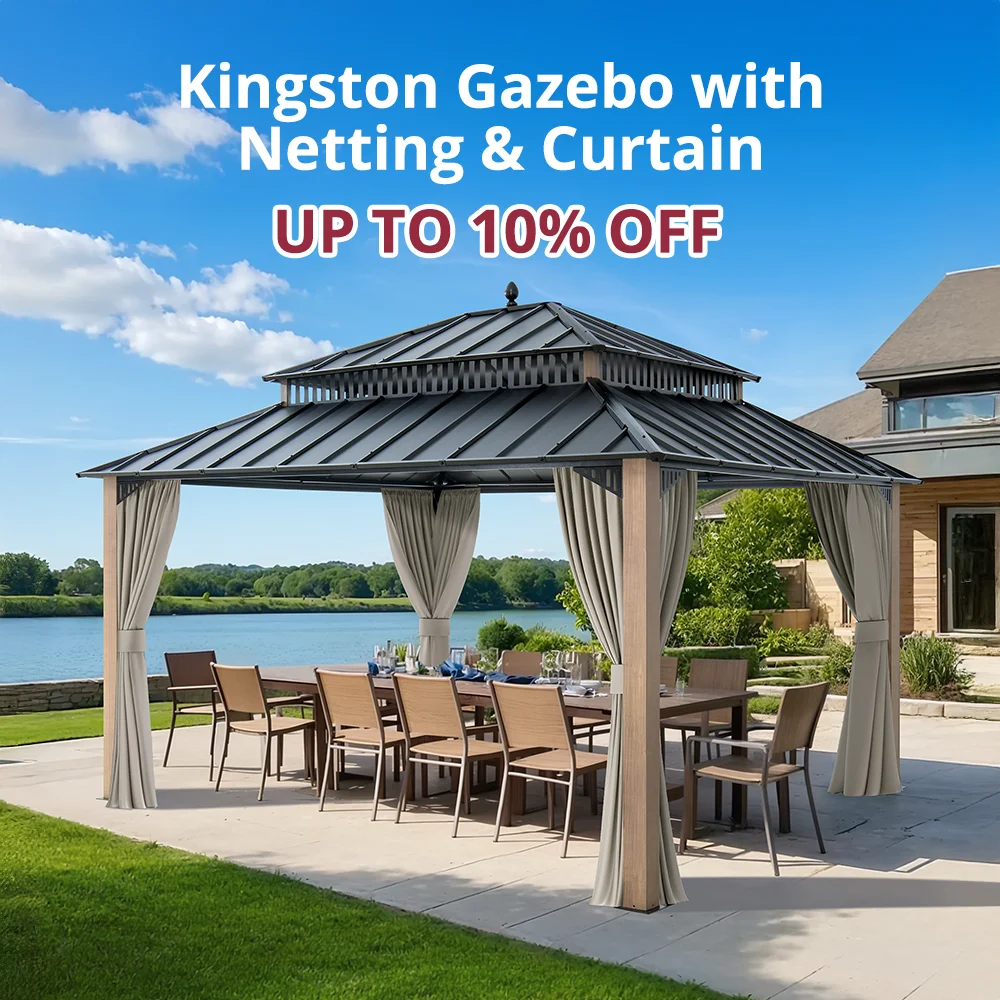
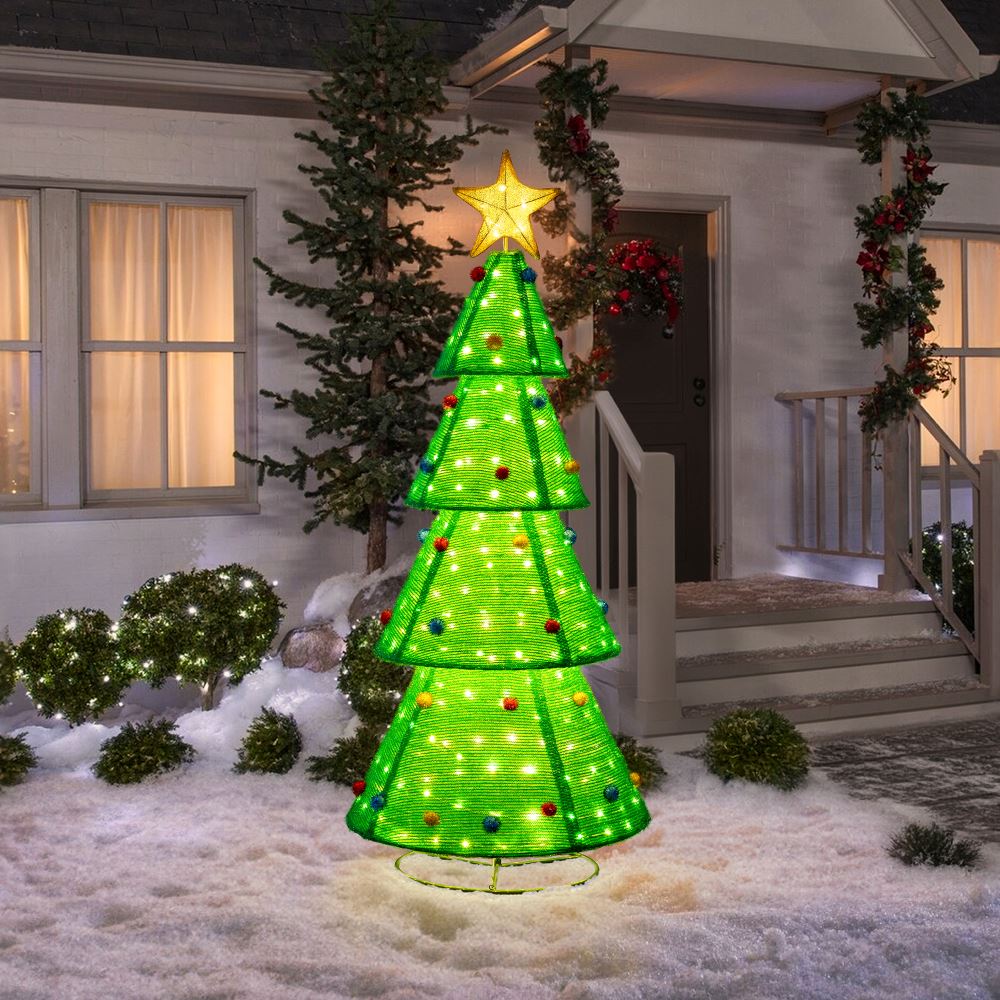
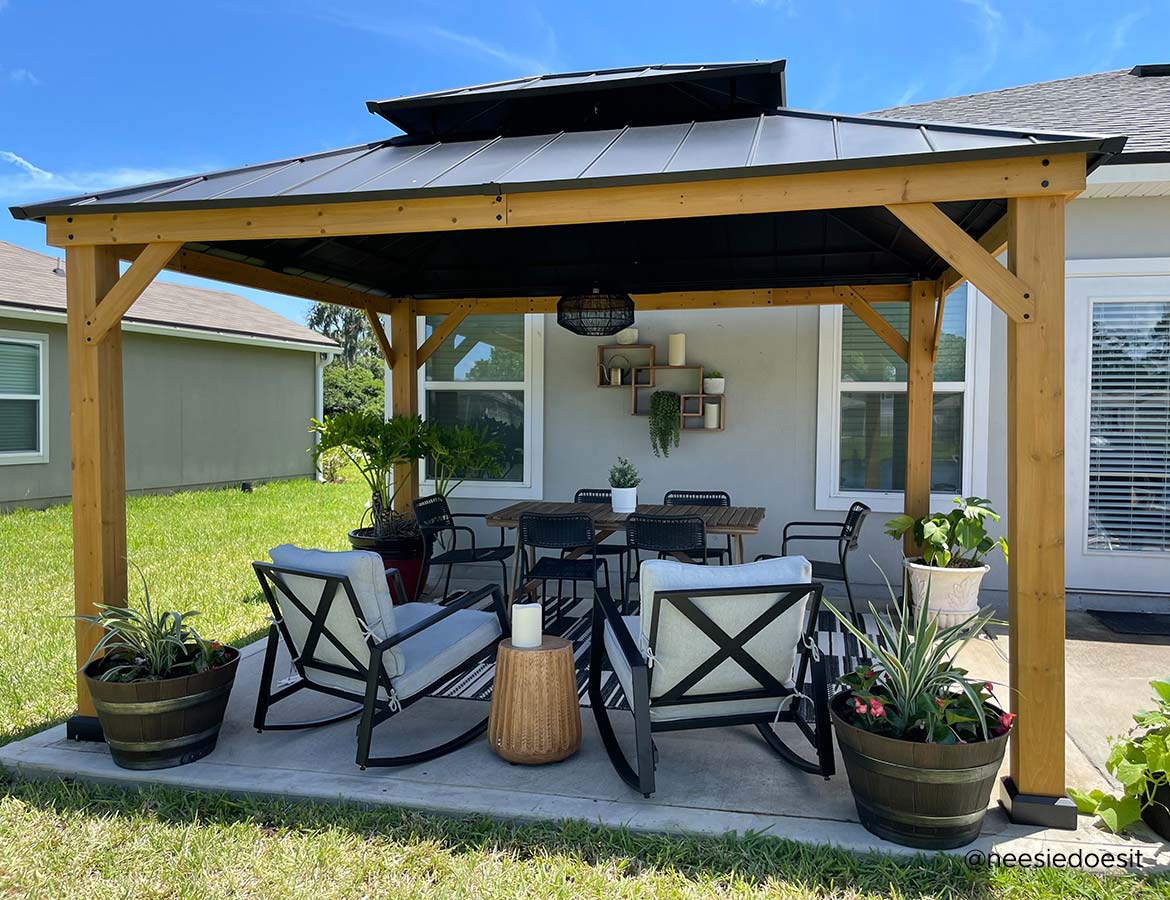
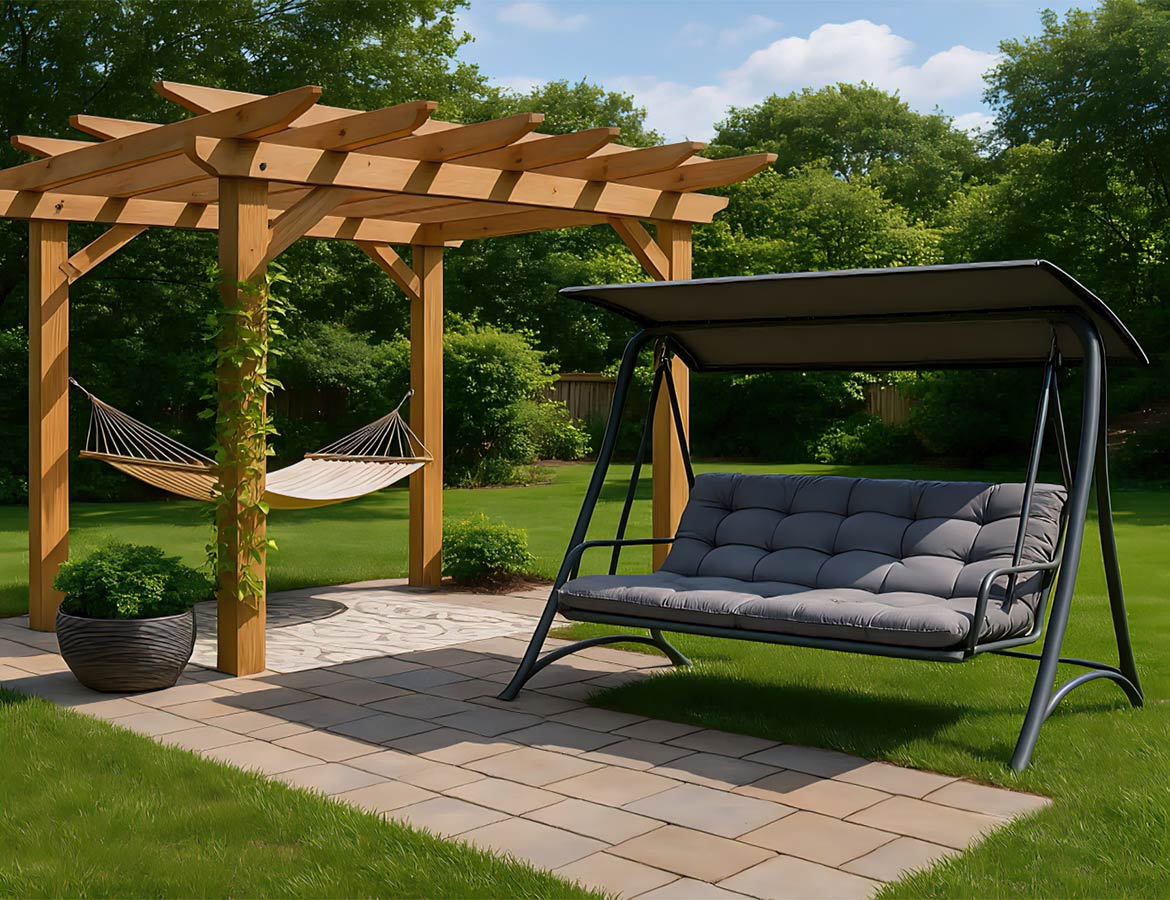
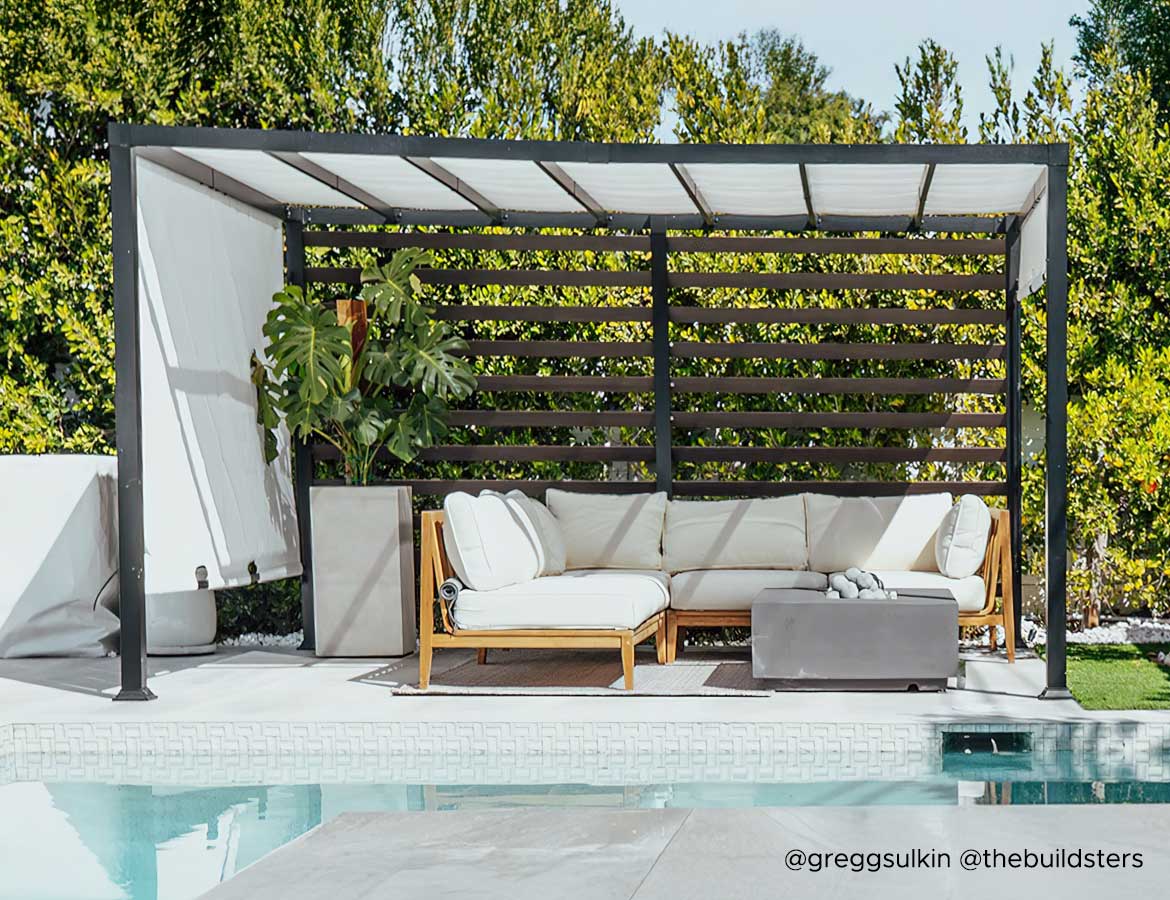
Leave a comment
All comments are moderated before being published.
This site is protected by hCaptcha and the hCaptcha Privacy Policy and Terms of Service apply.